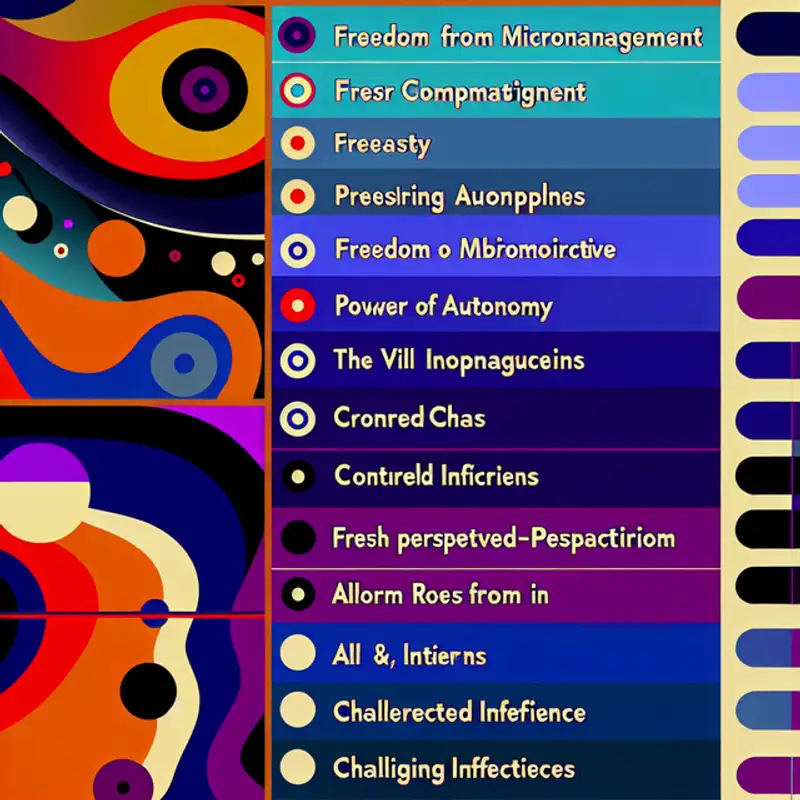 Episode
Episode
· 02:19
If you want innovation to thrive, stop micromanaging! That’s the core message of this Fast Company article, which explores how giving employees more freedom leads to groundbreaking ideas. Traditional leadership structures often stifle creativity with rigid rules and excessive oversight, but the most transformative breakthroughs come when employees feel empowered to experiment and take risks. According to the author, a former Oracle executive and the current CEO of Incorta, true innovation flourishes in workplaces that prioritize autonomy and problem-solving over bureaucratic hurdles. From trusting interns with tough challenges to embracing “lazy” thinking and structured chaos, leaders must rethink how they foster creativity. By loosening control, organizations can unlock their employees’ full potential and drive real progress.
Hire for Capability—Then Focus on Outcomes
Give Interns the Hardest Problems
Encourage ‘Lazy’ Thinking to Challenge Inefficiencies
The best innovations come from questioning traditional workflows and eliminating unnecessary steps.
Leaders should empower employees to identify bottlenecks and experiment with better approaches.
Organizations that give employees freedom to think, experiment, and challenge inefficiencies will lead the way in innovation. Instead of fearing disruption, leaders should create environments that encourage curiosity and risk-taking—because real breakthroughs happen when people have the space to explore and create. 🚀
Link to Article
Listen to jawbreaker.io using one of many popular podcasting apps or directories.